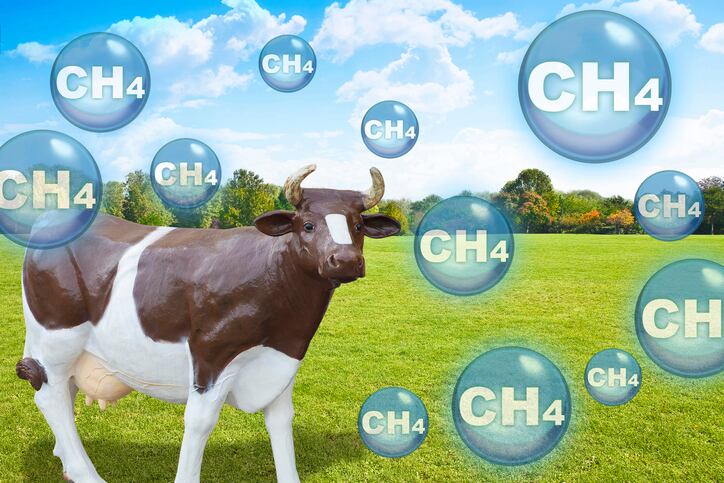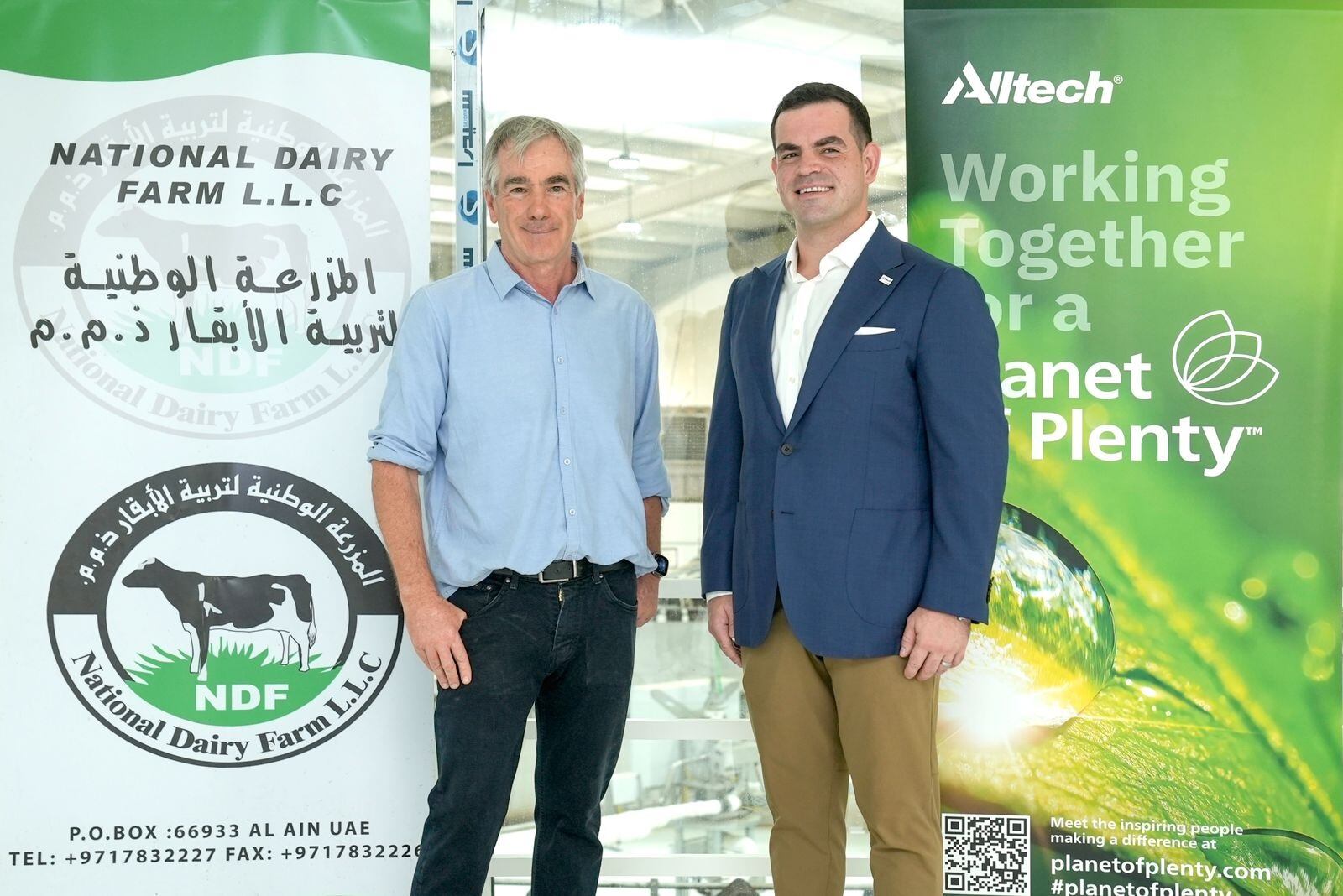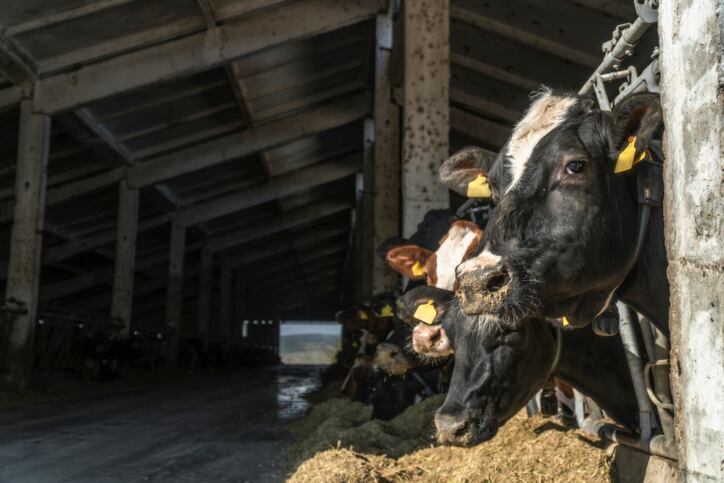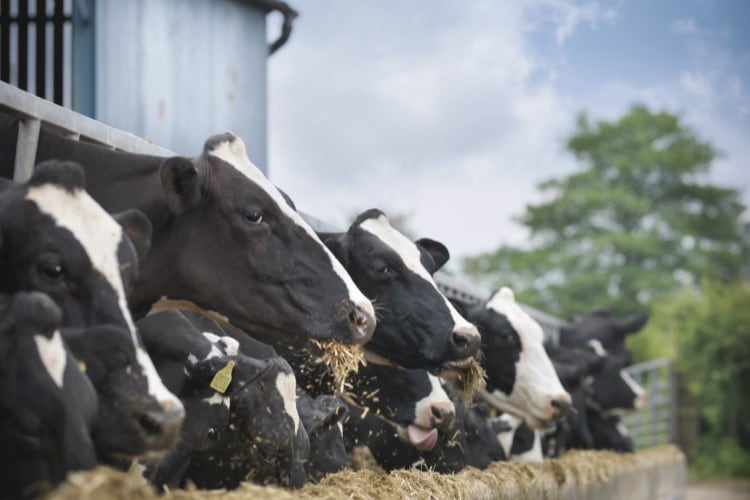Penn State’s distinguished professor of dairy nutrition, Dr Alexander N Hristov, has clinched the monies – a total of $758,776 – from the consortium to develop new enteric methane inhibitors - naturally occurring or synthetic compounds that when ingested by cows can decrease enteric methane emissions - and delivery methods for them.
Hristov is focusing on feed additives that have already been shown to reduce methane by at least 30% in lab tests.
The team is conducting a series of studies to determine the efficacy and feasibility of these inhibitor compounds in cows. Additionally, they hope to identify and optimize dietary conditions required to maximize enteric methane emissions reductions.
Mitigating enteric methane emissions
Cows and other ruminant animals produce enteric methane as part of their natural digestive process. This methane is the single largest source of direct greenhouse gases in the beef and dairy sectors. Addressing enteric methane emissions is critical to slowing the effects of climate change while also helping the dairy and beef sectors meet their sustainability goals.
Numerous approaches for mitigating enteric methane emissions have been proposed and investigated over the last several decades, and these primarily focus on animal nutrition, genetics, and management.
Affordable methane blockers
The Foundation for Food & Agriculture Research (FFAR) and the Innovation Center for US Dairy launched GCI in 2021 to convene stakeholders across the dairy and beef value chains to fund research for enteric methane mitigation options that are proven, scalable and affordable for producers.
The CGI includes stakeholders from across the dairy and beef value chains and supporting nonprofit organizations including ADM, the Council on Dairy Cattle Breeding (CDCB), Elanco, Genus plc, JBS USA, the National Dairy Herd Information Association, Nestlé, and the New Zealand Agricultural Greenhouse Gas Research Centre (NZAGRC).
FFAR matched initial program participant contributions with $2.5m. While the consortium originally sought to award $5m in research, it has exceeded funding expectations and said that it will be making additional grant awards that represent a greater research investment than originally targeted.





